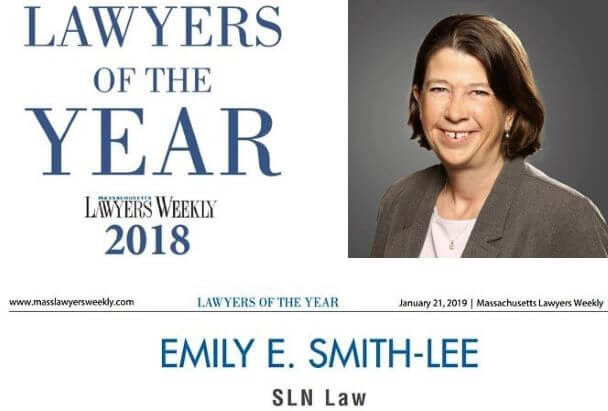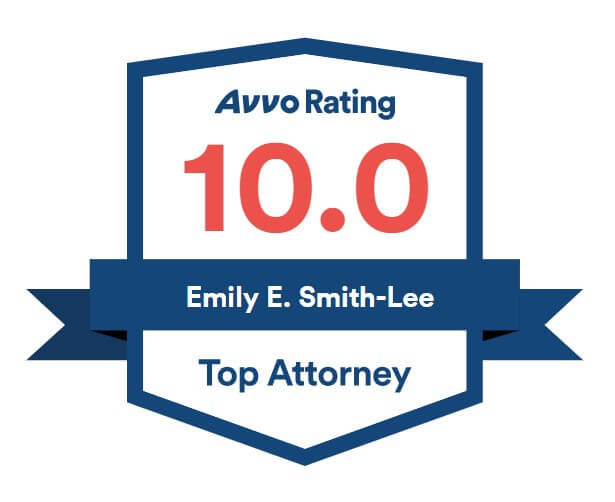What are Depositions?
The Purpose and Importance of Deposition Testimony in a Civil CaseA deposition is a form of sworn testimony, but happens outside of court. The deposition itself usually happens at the office of the other side's attorney, though it has remained commonplace since the pandemic to conduct them virtually, over Zoom or some other video-conferencing platform. Whether live or virtual, there will be a court reporter but it will be a slightly less formal conversation than live court testimony. Your attorney will be there with you.
A deposition is not the same thing as your trial testimony. It is discovery, which means it is the other side's turn to ask you questions and discover what your testimony will be. What that means for you is that you do not have to worry about telling your whole story in the deposition- you only have to worry about understanding the questions and answering them truthfully. Your attorney will also have the opportunity at the end of the other side's questioning to ask follow up questions if there was anything that was said that they feel was confusing or inaccurate. Remember, though, that this is discovery, so in most cases your attorney will not be asking you about everything you might later testify about, if it has not already been covered. Learn more here about discovery in a civil lawsuit. |
We're Here to Help.OR
|
Questions About a Civil Lawsuit?
Our Solutions Roadmap is a quick and easy way to share the details of what you are facing and receive preliminary feedback from a member of our team. Use the button below to get started- it is 100% confidential and 100% free.
Meet Our Trial Attorneys

Emily Smith-Lee is the owner and founder of slnlaw. She is a 1996 graduate of Boston College Law School. She was previously a partner at the Boston office of a large international firm, where she worked for thirteen years, with a focus on complex business litigation. In 2009, she started the firm that became slnlaw. She has been recognized as Massachusetts Superlawyer each year since 2013, and in 2018 earned recognition as one of Massachusetts Lawyers Weekly's Lawyers of the Year for a precedent-setting victory at the Massachusetts Supreme Judicial Court. She has written a book on employment law: Rules of the Road, What You Need to Know About Employment Laws in Massachusetts, and helped thousands of clients with business and employment disputes. Emily has handled cases at every level of the state system, in the federal trial court, and before the First Circuit Court of Appeals.

Elijah Bresley: Eli is a 2014 graduate of Seton Hall Law school, and has worked with slnlaw since 2020. He previously worked for a boutique employment law firm outside of Boston, and then for the Labor and Employment department of a large Boston firm. He also spent a year clerking for the judges of the Superior Court in Hartford, Connecticut. Eli has successfully defended numerous employers in the MCAD, and litigated other business and employment disputes throughout the state court system and in the federal trial court.

Sharleen Tinnin: Sharleen is a 2010 graduate of Northeastern University School of Law, and has been with slnlaw since 2023. Prior to joining slnlaw, she worked with King, Tilden, McEttrick & Brink, P.C. on complex civil litigation matters. She previously worked for the United States Department of Justice, and received an "Excellence in Justice" award in 2017. Sharleen has litigated both plaintiff and defendant cases in the state court system, MCAD, and the federal trial court.
|
Emily Smith-Lee Rated by Super Lawyers loading ... |


